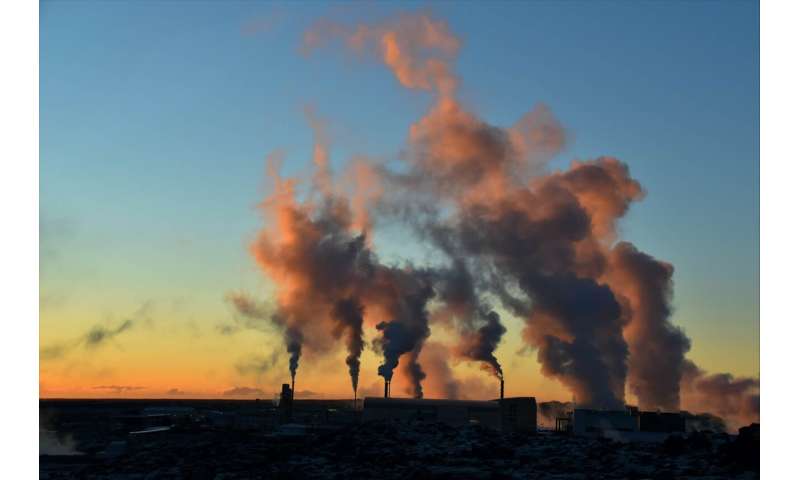
The European Parliament has set a new climate target for 2030—to cut greenhouse gas emissions by at least 55% compared to 1990 levels, up 40% on previous targets. Some industry groups criticize the new targets as being overambitious and too expensive while across Europe scientists and engineers have already joined forces ready to take on the new challenge. A key aspect is to develop new technologies to reduce the need of resources in the energy intensive industries.
Two weeks before the EU voted for the ground-breaking legislation, an EU-funded water recover project—iWAYS—was given the go-head with a budget of €10,596,775. Coordinated by Prof. Luca Montorsi, from the Università degli Studi di Modena e Reggio Emilia, and with 18 other partners, the project focuses on increasing water efficiency through three main solutions: exhaust condensation, water treatment and waste valorisation. iWAYS' technical management will be carried out by Prof. Hussam Jouhara of Brunel University London, who is the technical director of the project.
The project will develop a set of technologies to recover water and energy from exhaust gasses in industrial processes, to meet water quality requirements and to reduce primary energy consumption. It is also expected to reduce freshwater consumption by 30% to 64%; and to recovery water and heat from humid gasses by 30%. Additional materials from flue gas such as valuable acids or particulates will be recovered, thus improving the raw material efficiency in production and reducing emissions detrimental to the environment.
Such projects have taken on greater importance in the light of the EU's biggest green stimulus package in history: the European Green Deal. It's a package that puts the fight against climate change at the epicenter of the economic recovery needed since the onset of the COVID-19 pandemic.
The European Green Deal relies on transforming industry in order to help it cut exhaust gasses and recover water and energy as much as possible. With green and digital solutions, the emphasis will be placed on resource and energy-intensive sectors since they consume more than 50% of all the energy used by industry in the EU.
Prof. Hussam Jouhara, scientific director of the project stated: "Industries release one-third of the global greenhouse gas emissions, of which 70% stem from heat generation. One way to reduce the environmental footprint, thus, is to recover the generated heat and reuse it in other industrial processes."
iWAYS will officially launch in December 2020 and develop a wide array of non-disruptive technologies that complement environmental challenges with cost-effectiveness and productivity. "The project intends to transform white plumes from industry´s chimneys –starting with ceramics, chemicals and steel– in a source of water and energy as these gas emissions represent one of the main streams that discharge used water," explains Luca Montorsi.
The project, funded under the EU H2020 program, will last four years and will also consider alternative freshwater sources –such as surface run-off—to meet sustainable water supply goals. It will also develop robust technologies to reduce brine volumes and to recycle product water back to the manufacturing process.
Explore further
Citation: New technologies to slash water consumption and to recover 30% of water and heat in industry (2020, October 23) retrieved 23 October 2020 from https://ift.tt/2Hj4th7
This document is subject to copyright. Apart from any fair dealing for the purpose of private study or research, no part may be reproduced without the written permission. The content is provided for information purposes only.
"consumption" - Google News
October 23, 2020 at 07:58PM
https://ift.tt/2Hj4th7
New technologies to slash water consumption and to recover 30% of water and heat in industry - Phys.org
"consumption" - Google News
https://ift.tt/2WkKCBC
https://ift.tt/2YCP29R
Bagikan Berita Ini














0 Response to "New technologies to slash water consumption and to recover 30% of water and heat in industry - Phys.org"
Post a Comment